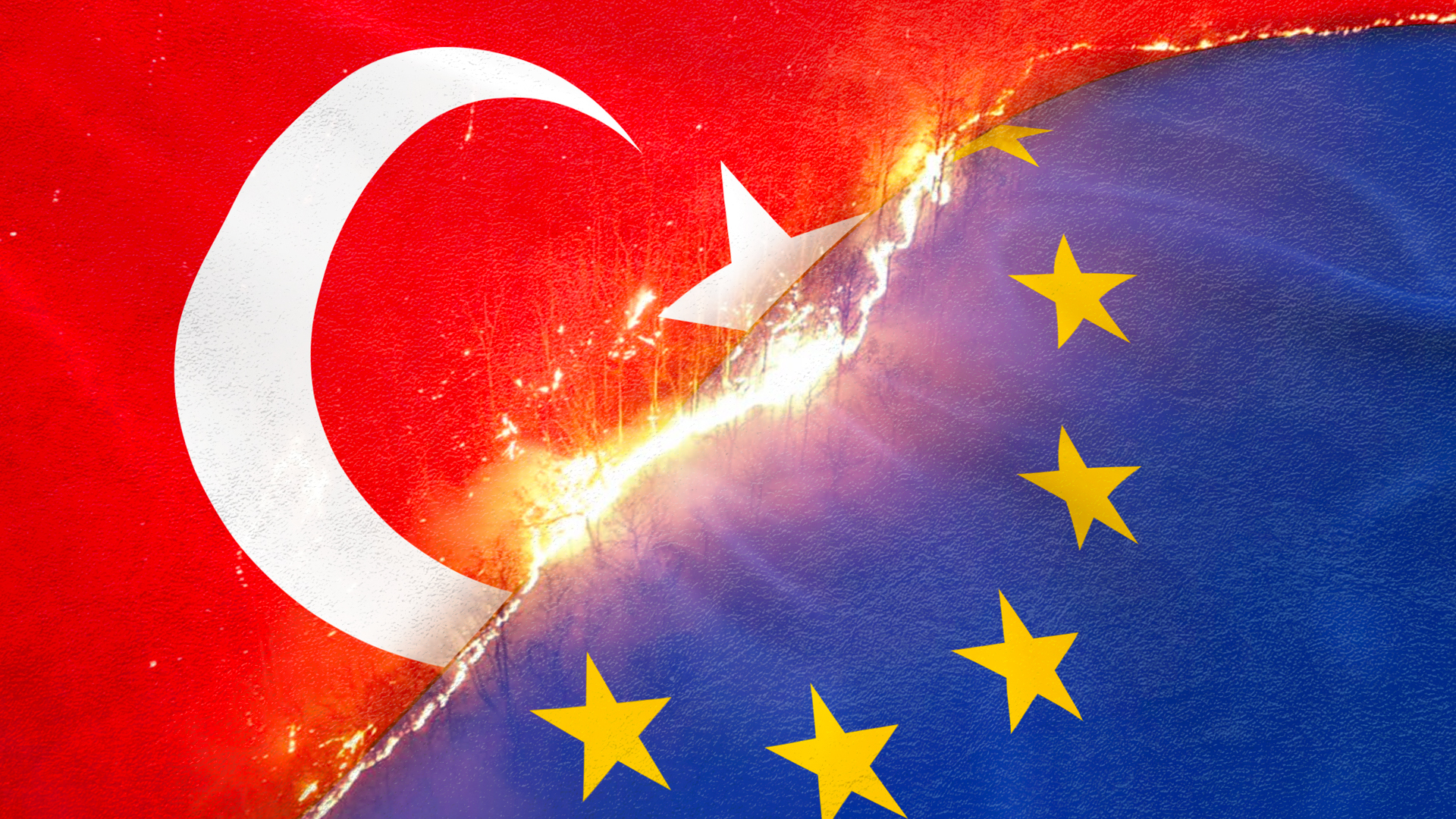Samir Amin, the brilliant Egyptian political thinker which we sadly lost in August 2018, made an important argument while describing the view of the legendary politician of the Arab world, Gamal Abdel Nasser, during one of our talks in Cairo, which I will here reiterate.
He argued that it was at the Asian-African Bandung conference in the 1950s when the then Egyptian President Gamal Abdel Nasser finally woke up to certain important political realities.
There, China’s Zhou Enlai told Nasser that the influence of the British and other European powers in the region had been gradually decreasing, and that the United States is the new defender of imperialism in the region. Nasser was then convinced that the United States was the real archenemy. At that point, Nasser becomes the Nasser we all know: he became a Nasserist.
Upon realizing that the United States is the archenemy at the Bandung Conference, Nasser enacted strong political reforms back in Egypt, exiling people affiliated with the US. He did not kill most of the figures in the Free Officers Movement, but he did exile them politically. Nasser also codified his position in power in this period.
Although things have changed drastically between the Nasser-era and the present day, imperialism continues its oppression in different ways in the region, including in Turkey.
However, for the nations struggling against imperialism now, there are much more favorable circumstances compared to the past. As the unipolar hegemony of the US falters, a multipolar world including Asia, Eurasia and Africa, is developing rapidly.
The path to full independence begins with clearly defining where the imperialist threat comes from, taking stances and following our political courses accordingly.
WHO IS CEVIKOZ CALLING TO, AND WHY?
More than a century since World War I, not much has changed in terms of the Turkish nation’s relationship with imperialism.
The Western countries hoped to seize our territory, and planned an invasion in order to achieve this goal at the beginning of the last century… today they are still trying to weaken and even partition Turkey, albeit via different methods.
Some of the methods are the same, however: they continue to use collaborators and/or the social elements that are open to be controlled, just as they did in the past.
When I say collaborators and elements open to being controlled, I mean those who have accepted the United States as their lord and savior, a nation trying to play the world police despite being unable to properly elect their own President in their own homeland, a nation that has reached a severe economic bottleneck, a nation which has lost hundreds of thousands of its own citizens to the coronavirus pandemic…
Sadly, these elements have infiltrated virtually every institution in Turkey. It is helpful to know these facts and evaluate the proceeding events accordingly. It would otherwise be much harder to make sense of what Unal Cevikoz (a member of the Turkish Assembly and the Deputy Chairperson at the Republican People’s Party) meant when he said the following words “I think that our first expectation from the Biden administration would be this: a very strong emphasis on the rule of law, democracy, the objectivity in the judicial system, separation of powers, democratic reforms, freedoms of protesting media and expression of thoughts…”
We understand that Cevikoz has no problem with imperialism, and therefore is unable to formulate where the threat against Turkey today is really coming from… but let us ask anyways. Why is Cevikoz calling for help from an official from another country?
HOW SHOULD TURKEY RESPOND TO THIS THREAT?
As we have already mentioned in the paragraphs above, and as the coup attempt of July 15, 2016, showed us once more, the threat against Turkey comes from the United States and some other European countries among the European Union (EU).
All of our citizens are aware of this situation today, with the exception of those who do not want to face reality.
As the polls show, the percentage of the Turkish citizens who look favorably on either the United States or the EU is at its record low in the history of the Republic.
The government must also be aware of this fact, because, for the first time since we joined NATO in 1952, we are taking a course aimed at strengthening our relations with our Eurasian and Asian neighbors, especially Russia.
On the other hand, nationwide operations have been carried out against the PKK and FETO, both known to be the pawns of the West inside Turkey. Some successful results have been achieved both at home and abroad in this regard.
While Presidential Spokesperson Ibrahim Kalin recently stated that “Turkey’s EU membership is a strategic priority”, he also continues to insist on policies that aim to balance the East with the West and vice versa. There were some who considered Kalin’s statements a message to the European Council.
The unlawful Greek and German joint detention of a Turkish aid ship in the Eastern Mediterranean this month shows that Turkey is still facing a unified West on very critical issues, especially in the Eastern Mediterranean.
A HOLISTIC PROGRAM AGAINST IMPERIALISM
Of course, diplomacy also requires the use of contradictions within the opposing side, but as can be seen from the recent events, we are already past the point where we would be able to utilize the contradictions in our relations with the West to our advantage.
Turkey’s immediate need is not to insist on “balanced policies” which are of no real use and make our neighbors nervous, especially Russia and Iran, but a foreign policy which clearly detects where the threat against our nation is coming from and which gives us the ability to form holistic alliances.
The only way to develop such a foreign policy is to first correctly analyze imperialism today. Otherwise, it is inevitable that we will be left isolated in our pursuit of a Greater Turkey between the East and the West.
The fight against imperialism is not just about the actions taken in our foreign policy, but also about a well-integrated general political program.
We began this article with an argument from Amin, so let us end it with a pertinent quote from him:
“Being able to develop an efficient independence, cannot be reduced to international efforts only. A nationalization and independence policy is doomed to be delicate and fragile if it is not truly nationalized and if it does not gain any public support. And this support should be established with the social and economic policies that enable the socioeconomic classes to be real beneficiaries of the “development”. Which one will it be, a truly national-democratic and populist project? Or a deceptive, national-capitalist project?”
The same question applies to the changes in our foreign policy today.

















Leave a Reply